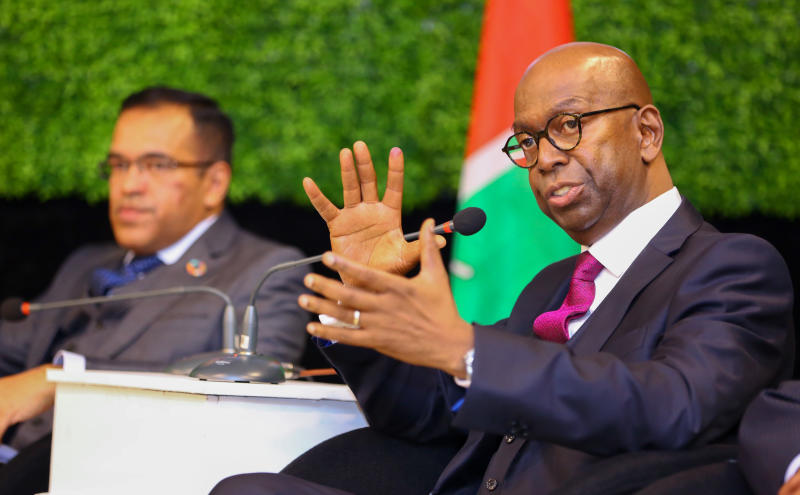×
The Standard e-Paper
Smart Minds Choose Us

Mobile service provider Safaricom has maintained its position as Kenya’s most profitable company, announcing a 20.2 per cent rise in half-year net profit.
The telco in its financial results released yesterday said profit after tax hit Sh31.5 billion for the first six months of the 2018/2019 financial year driven largely by growth in its mobile money transfer service M-Pesa and data services.